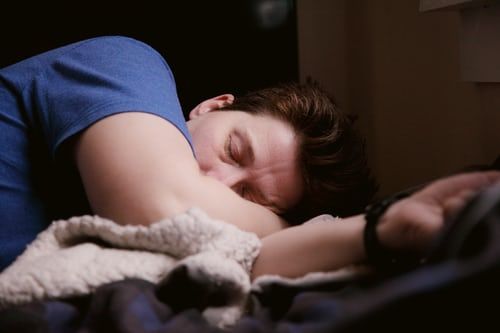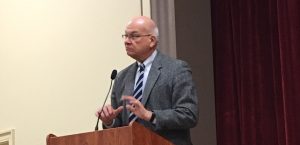‘A real-life Kumbhakarna’ is what people described Purkharam, 42, as when they learned that the resident of western Rajasthan’s Nagaur district sleeps 300 days in a year. Kumbhakarna is a character from the Indian epic of Ramayana. This mythological character, Ravana’s brother, used to sleep six months a year. However, 300 days is much more than six months and hence, Purkharam has been all over the news in the past few days.
Also read: Gujarat worker’s 2-year-old daughter gets abducted twice in two months
This condition of the 42-year-old, who runs a small grocery shop in his village for five days a month, is not normal but it is not an unexplainable miracle. Purkharam suffers from a rare sleeping disorder known as Axis Hypersomnia. According to medical studies, Axis Hypersomnia occurs when there is fluctuation in the protein of the brain called TNF-alpha. National Sleep Foundation says that up to 40% of people have some symptoms of hypersomnia from time to time.
Also read: 3 sisters ace Rajasthan Administrative Service exam together
Purkharam sleeps for 25 days at a stretch once he takes a nap. This disorder makes it really difficult for him to wake up. He feels exhausted most of the time, which is in fact a prominent symptom of Hypersomnia.
People with hypersomnia sleep any time – at work, while driving, eating, literally any time. There are two main types of hypersomnia – Primary and secondary. Primary hypersomnia has no other medical conditions attached but excessive fatigue. Secondary hypersomnia occurs due to medical conditions like kidney failure, chronic fatigue syndrome etc. This makes sleeping tough.
Also read: Ranbir Kapoor or Varun Dhawan? Actors who can play onscreen Sourav Ganguly
Causes: The main cause of hypersomnia is exhaustion. According to the National Institute for Neurological Disorders and Stroke, hypersomnia can be caused by another sleep disorder (such as narcolepsy or sleep apnea), dysfunction of the autonomic nervous system, or drug or alcohol abuse. In some cases it results from a physical problem, such as a tumor, head trauma, or injury to the central nervous system.
Also read: Explained: The double COVID variant infection that killed a Belgian woman
Low energy, irritability, anxiety, loss of appetite, slow thinking, or speech difficulty remembering restlessness are some other symptoms.
To be diagnosed with hypersomnia, one must experience the symptoms for at least months. There is no prevention.







